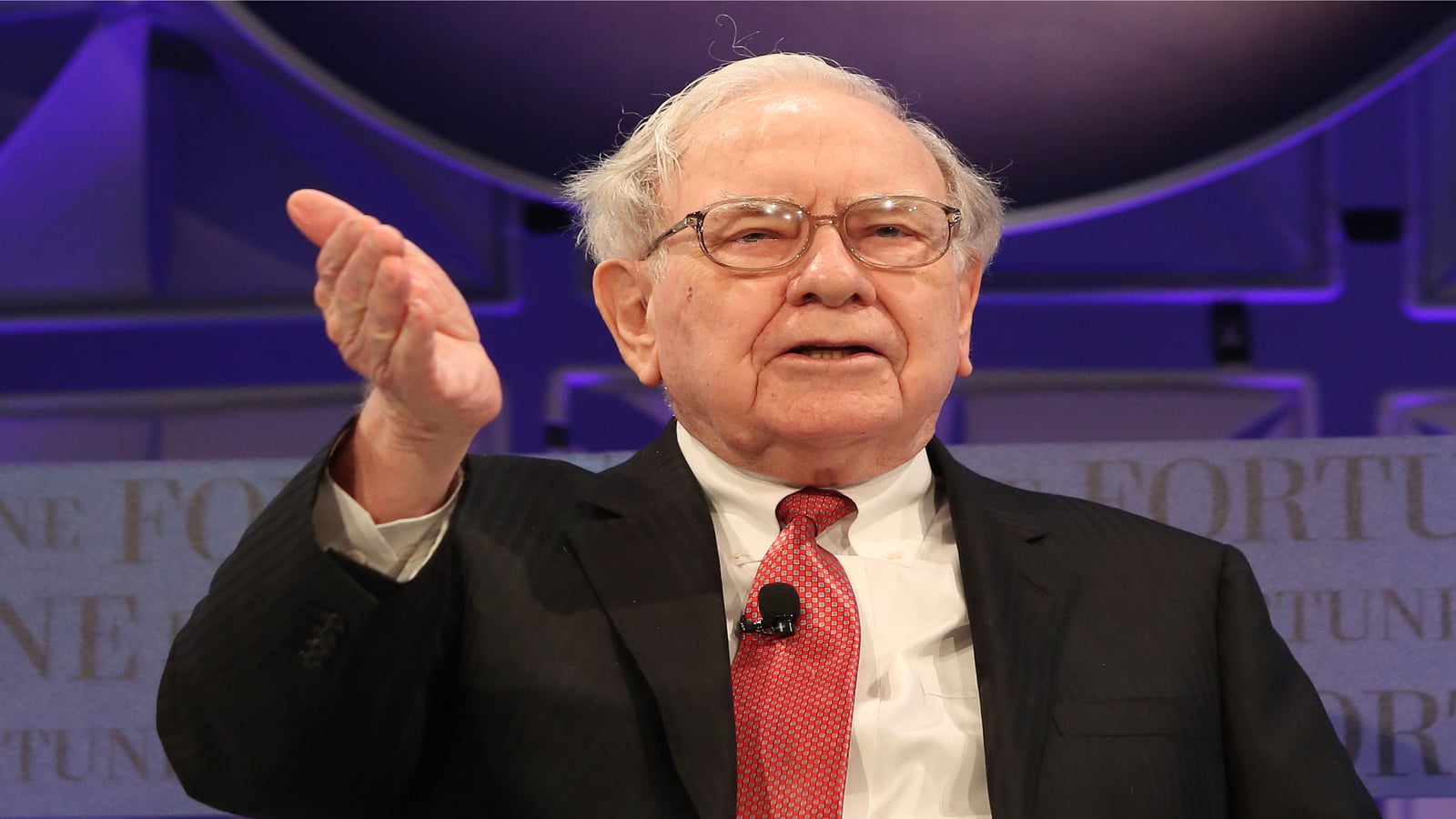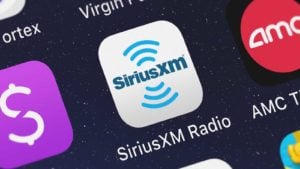The Shocking Stock That Warren Buffet Just Bought (and 2 He Sold)


There are few investors who have their every move followed and analyzed like Berkshire Hathaway (NYSE:BRK-A)(NYSE:BRK-B) chairman and CEO Warren Buffett. That’s because none have the sustained, long-term success of the Oracle of Omaha. However, there is one stock that Warren Buffet just bought that may come as a shock to you.
In the 65 years since he took command of Berkshire Hathaway, Buffett generated 3.7 million percent returns for shareholders, a compounded annual growth rate of 20%. In comparison, the S&P 500 returned exactly half that rate. Every year his tens of thousands of devoted followers make a pilgrimage to Omaha to attend the Berkshire Hathaway annual shareholders meeting to hear the pearls of investing wisdom Buffett and his partner Charlie Munger cast before them.
Yet actions speak louder than words and this year’s third-quarter earnings indicated maybe Buffett was feeling more cautious about the economy. A lot of Warren Buffett stocks were sold this quarter. In fact, he sold more than he bought. He completely closed out seven positions, including Procter & Gamble (NYSE:PG), a stock Buffett’s refused to sell for more than 20 years.
That may make it more instructive to look at the stocks he bought, including the one stock he purchased that probably shocked a lot of Buffett watchers.
Stock That Warren Buffet Just Bought: Sirius XM Holdings (SIRI)
There is no doubt that many investors did a double-take when they saw Sirius XM Holdings (NASDAQ:SIRI) pop up on Berkshire Hathaway’s Form 13F filing. The satellite radio operator is not a typical Buffett stock. Yet this isn’t the first time he’s danced with the company. Sirius was first bought back in 2016 and then sold off five years later. Now Buffett’s back in but why?
Sirius carries a lot of debt, some $8.8 billion worth. With interest rates at historically high levels, it becomes expensive to refinance any loans. That gives the radio star little wiggle room to maneuver. Still, business is picking up. Advertisers are filtering back in and Sirius reported selling three times more ads in the first nine months of the year than it did for all of last year. Subscriptions are also rising while customer churn remains low.
Buffett probably finds Sirius XM’s ability to generate free cash flow (FCF) attractive. Management says it will make $1.5 billion in FCF this year, or just as much as last year. It is also the only satellite radio operator in business. That doesn’t mean as much in a world where listeners can get entertainment from any number of streaming audio providers. Still, Sirius is consistently profitable at it.
Is there some arbitrage opportunity as well? Maybe. It’s no secret Liberty Media (NASDAQ:LSXMA)(NASDAQ:LSXMB)(NASDAQ:LSXMK) wants to combine its ownership stake in Sirius to create a new publicly traded entity. Buffett only owns $47 million worth of Sirius stock, so it’s not a large holding, but it still might be one that interests other investors.
Selling Out Stock No. 1: Johnson & Johnson (JNJ)

In addition to bailing on Procter & Gamble, Buffett also completely sold his stake in Johnson & Johnson (NYSE:JNJ). At the end of the second quarter Berkshire Hathaway held only 327,100 shares meaning they were worth approximately $57 million. Still, it’s surprising he shed all of his blue chip’s shares since he’s held it almost as long as he owned P&G.
Johnson & Johnson is a solid dividend stock delivering a 3.1% yield. The healthcare company also increases the payout every year, something it has done for 61 consecutive years. That makes it a Dividend King, or a stock that raises the dividend for 50 years or more. Also, we all know how Buffett loves dividends.
Yet it’s possible he no longer wanted the risk associated with what is otherwise a very small holding. Johnson & Johnson was inundated with tens of thousands of lawsuits over its baby powder. Trial lawyers attacked the healthcare giant over alleged cancer risk from asbestos-laden talcum powder. Even though J&J maintains its baby powder is safe and the Food & Drug Administration largely confirms that talc products are asbestos-free, the lawsuits mount.
Buffett, though, is generating large amounts of money on interest from Berkshire’s burgeoning cash hoard. It had a record $157 billion at the end of September. With short-term treasuries earning over 5.5%, he may see it as easier and safer to earn money backing government notes than with a de minimus stake in Johnson & Johnson. Individual investors, however, can still profit from buying and holding this blue-chip stock.
Selling Out Stock No. 2: United Parcel Service (UPS)

Buffett has owned United Parcel Service (NYSE:UPS) stock just as long as Johnson & Johnson (since 2006), but with only 59,400 shares, it was a tiny stake worth just $10 million. It was the smallest holding in Berkshire Hathaway’s portfolio and the paperwork upkeep on the stock probably cost more.
Okay, maybe not, but it was a position he hadn’t touched one way or another in over a decade. It raises the question again, why now? It could be a manifestation of Buffett’s souring outlook on the economy. UPS stock is down 13% year to date compared to a 19% gain by the S&P 500. Revenue fell 13% in the third quarter while operating profits tumbled 19%. Earnings per share plummeted 47% from last year.
The package carrier was one of the beneficiaries of the pandemic. The lockdown phase compelled people to purchase items online instead of going to the store. That led to booming business for UPS. The carrier saw record results during that period, but now it’s on a downswing again. Buffett’s held firm before through such cycles. This time, however, with such a minuscule stake, the money might be better deployed elsewhere.
For other investors, however, UPS is still a solid stock to own. It pays a dividend yielding 4.3% annually. With it also trading at 15 times earnings, it’s a level the carrier hasn’t seen in well over a decade.
On the date of publication, Rich Duprey held a LONG position in JNJ and PG stock. The opinions expressed in this article are those of the writer, subject to the InvestorPlace.com Publishing Guidelines.









